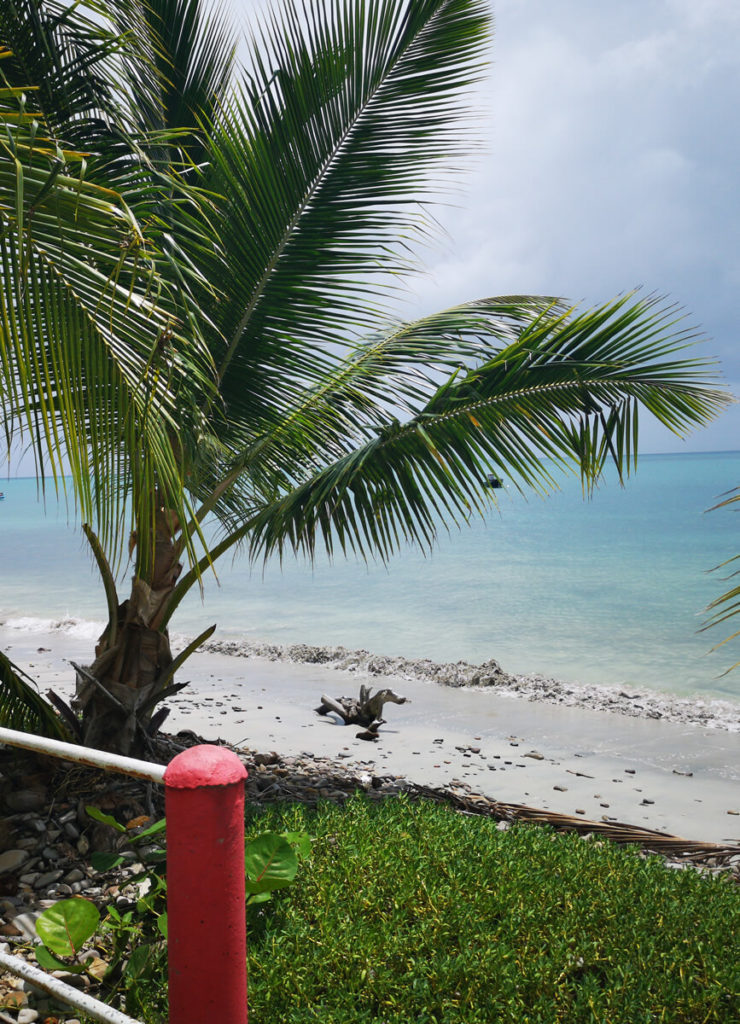Sustainability
Sustainability Policy Providencia Travel
To employees of the agency it will be encouraged so that through his treatment and interaction with the client involved in the concepts of sustainability in which the company participates.
The company will take measures to ensure control and saving water and electricity.
The groups with which the company operates will be small, which allows causing the least possible impact on the environment; to thereby ensure the enjoyment of present generations as the future of the various attractions we have.
The travel agency Travel Providence will work with local suppliers that has a program, standard or certification identifying them for their sustainable tourism practices, in addition to legal force applying to the development of their activities.
Providence Travel will work in order to protect and reaffirm values of our natural, cultural and social attractions that make us be recognized internationally as an island of wealth and conservation practitioner of sustainable tourism Seaflower Biosphere Reserve in the sense promote the attention of small groups in order to avoid negative impacts, avoid situations extracting special flora and fauna.
During visits to protected areas will be oriented tourists to respect and protect the ecosystems and to avoid situations extraction of flora and fauna, food and hunting animals.
Offer our customers a unique and rewarding experience of sustainable tourism, where the importance of conservation and natural wealth that we have to appreciate enjoyment and responsible use.
Normativity
Human trafficking is a heinous crime driven by demand. When you visit a foreign country, do not fall into the trap of promoting trafficking. If you think someone is being forced to work against their will or being mistreated, or if you just see something you think is wrong with a bar, a hotel or a restaurant, report it. Your actions may be essential to prevent sexual exploitation and forced labor. Children are especially vulnerable: Do not let child abuse travel.
The killing of protected wild animals and illegal exploitation of forest plants and are crimes that have a devastating impact on the environment, on local livelihoods and biodiversity. Think twice before buying or consuming something made from a tree, a plant or an exotic animal because you can be contributing to their extinction or exploitation.
Before traveling, learn from those exotic local dishes that may contain illicit products. Do not forget that many countries, perhaps yours, impose sanctions on those who discovered trafficking in protected wild animals, exotic plants or wood products from endangered species.
Cultural objects, such as traditional carvings, pottery and antiques, are attractive as a gift, but be sure not to buy unknowingly stolen goods, extracted from illicit ways or obtained from looting. Every day, countless sites and monuments in the world are victims of lootings that stripping nations of their past. Organized crime networks specific transport and sell these goods. The impact of these actions may be irreversible and snatch countries and citizens their heritage and cultural identity.
Make sure the souvenirs you bring home you have a documented legal history, which are not stolen and have export permit. Question of the origin of what you’re buying and always think of the wealth of history and heritage of your own country and how you would feel if you had wrested.
Drug trafficking is not a risk worth running: it is illegal and if you get caught, you’ll end up in jail with serious consequences. Some bands use to travelers as bait to draw the attention of the authorities and distract them as they pass many older scams. On the other hand, do not carry packages or items of any other person, because ignorance will not exempt from the law.
They may look like a bargain, but most of the counterfeit products are not manufactured in an ethical manner, can contribute to perpetuating forced labor and a deplorable working conditions as well as having a high environmental impact. You may think you’re helping a small market or a street vendor, but there is often behind criminal interests, even coerce or exploit sellers. And what’s worse, your money may end up bankrolling organized crime groups to diversify their business money laundering and drug trafficking by selling counterfeit goods. Avoid putting your money in the hands of organized crime purchase ethical criteria when you are abroad.
Tips for your trips
A responsible Tourist
What you must not do
Start Learning to Drive Today
Give us a call to schedule your first driving lesson
Testimonials
Here’s what our happy drivers had to say about our services:

Avada Driving School really helped build my confidence behind the wheel and with driving in general, and they got me a first time pass! Highly recommended.

Avada Driving School really helped build my confidence behind the wheel and with driving in general, and they got me a first time pass! Highly recommended.

Avada Driving School really helped build my confidence behind the wheel and with driving in general, and they got me a first time pass! Highly recommended.

Avada Driving School really helped build my confidence behind the wheel and with driving in general, and they got me a first time pass! Highly recommended.

Avada Driving School really helped build my confidence behind the wheel and with driving in general, and they got me a first time pass! Highly recommended.
fusion_global=”328″]


